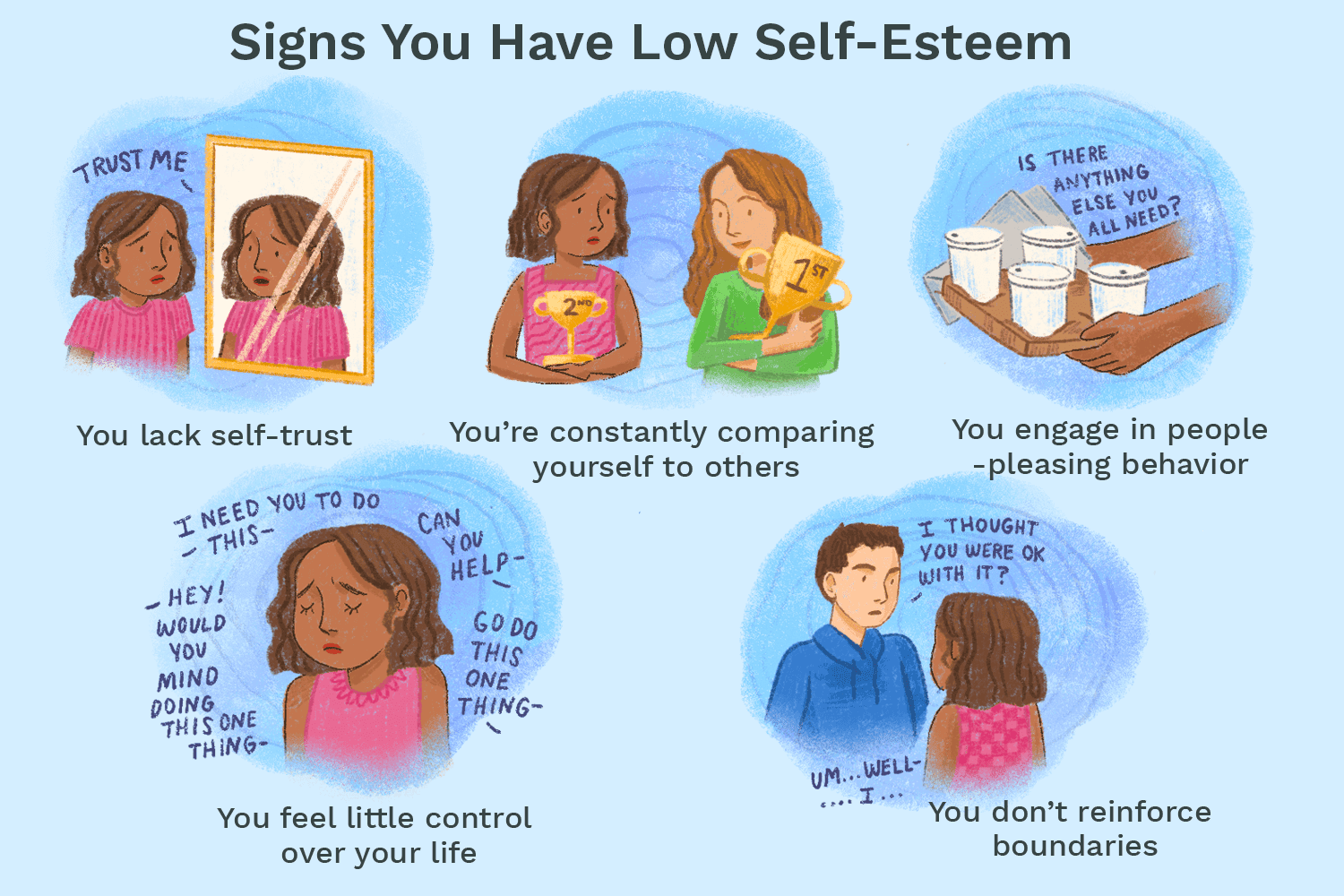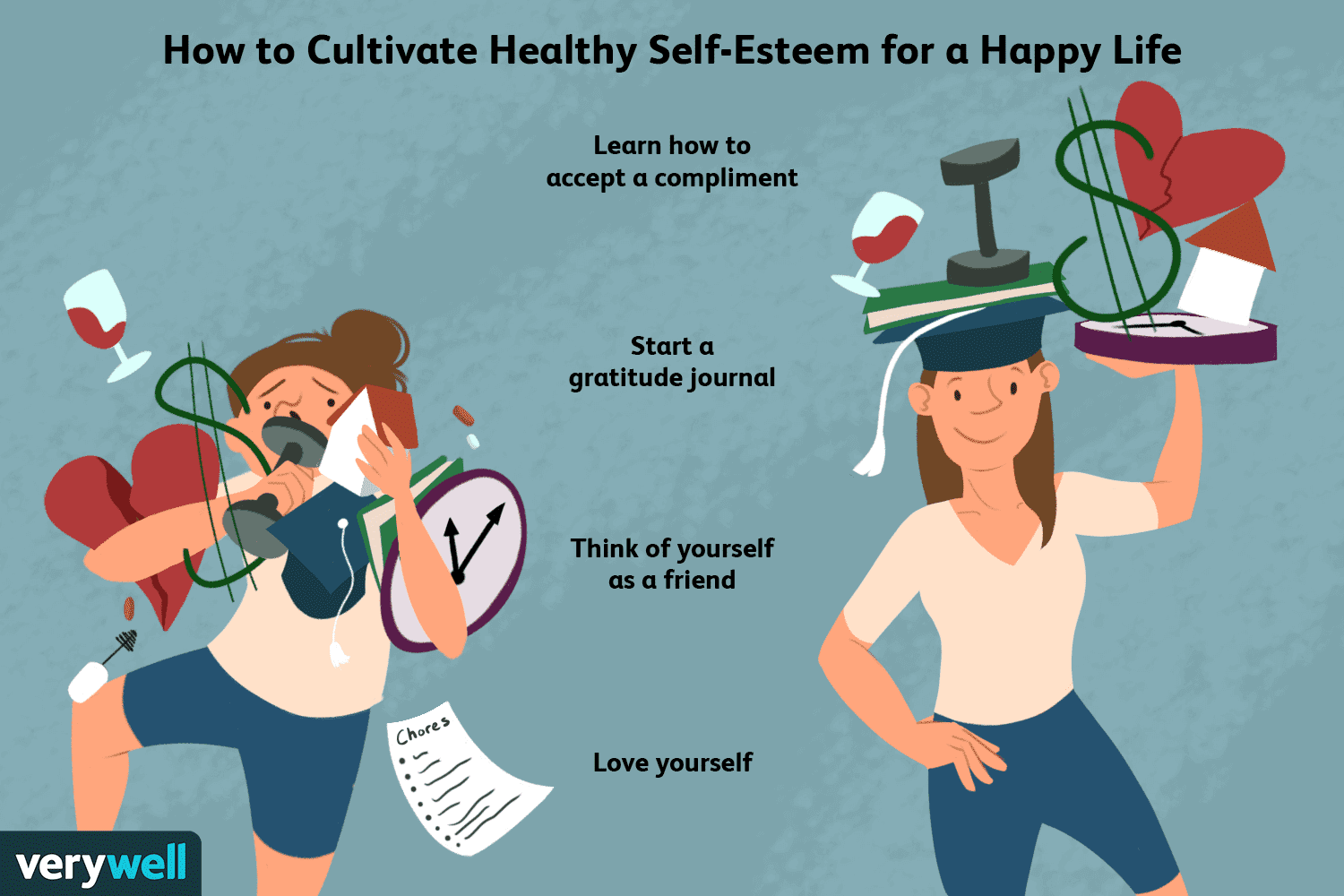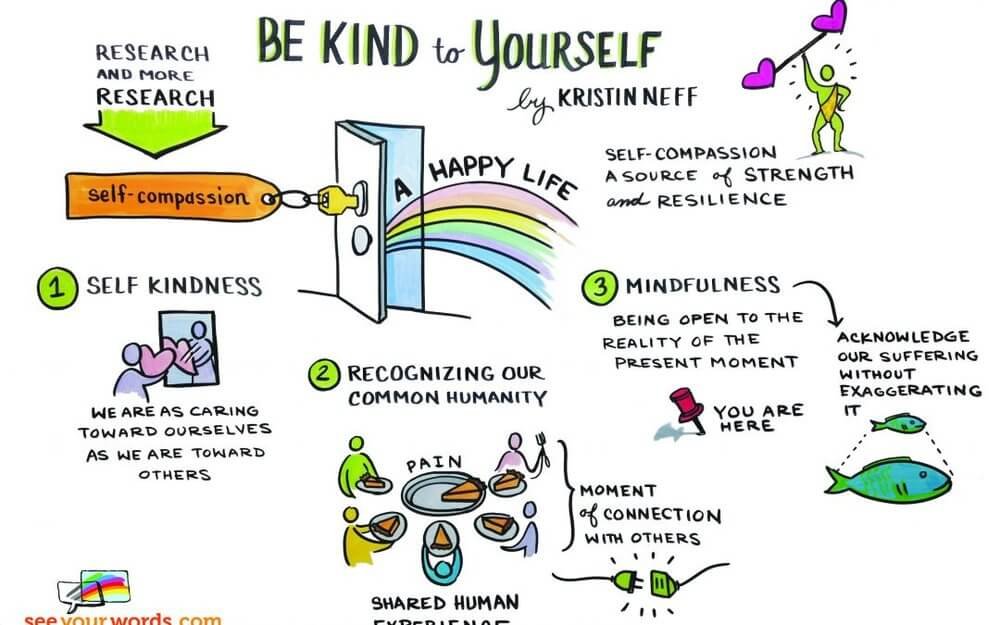How To Increase Your Self-Esteem: 10 Proven Strategies For Building Positive Self-Image
Do you ever feel like you’re not good enough? Or like no matter what you do, it won’t make any difference in how people view you? If so, you’re not alone. Building positive self-esteem can be hard work, but with the right strategies, it is possible. Read on to find out the 10 proven strategies for building your self-esteem and increasing your self-image.
What is Self-Esteem and Why is it Important?
Self-esteem is a person’s overall sense of self-worth or personal value. It is the opinion we have of ourselves. When we have healthy self-esteem, we tend to feel positive about ourselves and our lives. We feel confident and are able to cope with life’s challenges.

People with low self-esteem may feel inadequate, unworthy, or unlovable. They may find it difficult to assert themselves and often doubt their own abilities. As a result, they may miss out on opportunities or avoid taking risks. Low self-esteem can lead to depression, anxiety, and other mental health problems.
There are many factors that contribute to our sense of self-esteem. These include our upbringing, our relationships, our achievements, and how we compare ourselves to others. Our culture also plays a role in shaping our self-esteem. In Western cultures, for example, individualism is emphasized and people are encouraged to think highly of themselves. In Eastern cultures, collectivism is more valued and people are taught to be humble and interdependent.
Building positive self-esteem is important for our physical and mental health. People with high self-esteem are more likely to lead happy and successful lives. They’re also better equipped to deal with life’s challenges and setbacks. There are many things you can do to improve your self-esteem. These include developing positive thinking habits, setting realistic goals, accepting yourself as you are, and building meaningful relationships

The Impact of Low Self-Esteem
It is no secret that having low self-esteem can have a negative impact on your life. It can lead to depression, anxiety, and even substance abuse. But what most people don’t realize is that low self-esteem can also affect your physical health.
Studies have shown that people with low self-esteem are more likely to suffer from cardiovascular disease, obesity, and other health problems. And it’s not just because they’re more likely to engage in unhealthy behaviors; low self-esteem can actually increase the risk of developing these conditions.
10 Proven Strategies For Building Positive Self-Image.
It’s no secret that having a positive self-image is key to success in life. It’s something that successful people have and something that unsuccessful people lack.
If you want to be successful, you need to have a positive self-image. Fortunately, there are proven strategies for building positive self-image.

10 Proven Strategies For Building Positive Self-Image.\
It’s no secret that having a positive self-image is key to success in life. It’s something that successful people have and something that unsuccessful people lack.
If you want to be successful, you need to have a positive self-image. Fortunately, there are proven strategies for building positive self-image.
- Set realistic goals for yourself and strive to achieve them.
- Do not compare yourself to others. Focus on your own progress and achievements.
- Accept compliments graciously and learn to give compliments to others.
- Participate in activities that make you feel good about yourself.
Whether it’s volunteering, playing sports, or taking care of your appearance, do things that make you feel good about yourself. Avoid activities that make you feel bad about yourself such as watching reality TV or looking at social media comparing yourself to others. Stop any negative self-talk such as “I can’t do this” or “I’m not good enough” by replacing those thoughts with more positive ones such as “I can do this” or “I am good enough” .Start thinking of things you like about yourself both physically and personality traits. Make a list of your accomplishments both big and small.

- Connect With People.
One of the most important things you can do to increase your self-esteem is to connect with other people. When you feel connected and supported by others, you’ll feel better about yourself.
There are many ways to connect with others. One way is to join a club or group that meets regularly. This could be a book club, sports team, religious organization, or any other type of group. Spending time with people who share your interests can be enjoyable and fulfilling.
Another way to connect with others is to volunteer your time to help out in your community. This could involve working at a food bank, coaching a youth sports team, or helping out at a local library. Volunteering is a great way to meet new people and make friends while also doing something good for others.
No matter how you choose to connect with others, spending time with people who care about you can help boost your self-esteem.

- Take Care of Yourself
It is so important to take care of yourself if you want to increase your self-esteem. You need to make sure that you are eating healthy foods, getting enough exercise, and getting enough sleep. You also need to make sure that you are taking care of your appearance. Make sure that you are wearing clothes that make you feel good about yourself and that you are keeping your hair and skin looking their best. When you take care of yourself, you will feel better about yourself and your self-esteem will increase.
- Practice Self-Compassion
If you want to improve your self-esteem, one of the most important things you can do is to practice self-compassion.
Self-compassion involves being kind and understanding towards yourself when you make mistakes or have setbacks. It also means recognizing that everyone makes mistakes and has setbacks – you are not alone in this.
Research has shown that self-compassion is correlated with a number of positive outcomes, including increased psychological well-being, decreased anxiety and depression, and improved relationships.
There are a number of ways you can practice self-compassion. One way is to simply treat yourself as you would a good friend. For example, if a friend made a mistake, you would likely be understanding and forgiving. You would also likely offer them words of encouragement and support. Treating yourself in this way can help increase your self-esteem.
Another way to practice self-compassion is to visualization exercise in which you imagine yourself surrounded by caring people who offer you compassion and support. This exercise can help remind you that you are not alone in your struggles and that there are people who care about you.
Finally, it is important to be mindful of your negative self-talk and make an effort to replace it with more compassionate thoughts. When you catch yourself being critical of yourself, try to counter those thoughts with kinder, more understanding ones. For example, instead of telling yourself that you are “stupid” for making

- Recognize Your Strengths
We all have different strengths and weaknesses. It’s important to spend some time thinking about what you’re good at. This will help you build a positive self-image and increase your self-esteem.
If you’re not sure what your strengths are, ask yourself these questions:
– What do people compliment you on?
– What do you enjoy doing?
– What are you naturally good at?
Once you’ve identified your strengths, focus on them. Spend more time doing things that make you feel good about yourself. This will help increase your self-esteem and give you a more positive outlook on life.
Some things you can do to highlight your strengths include:
– Write down 5 things you love about yourself
– Make a list of your accomplishments (big or small)
– Keep a “gratitude journal” where you write down things you’re thankful for each day
– Compliment yourself regularly (e.g. “I did a great job on that presentation!”)
– Take care of yourself physically by maintaining good hygiene, eating healthy foods, and getting regular exercise
- 9. Set Healthy Boundaries
It’s important to set healthy boundaries in order to increase your self-esteem. You need to know what you will and won’t tolerate from others, and be clear about your expectations. This can be difficult if you’re used to putting everyone else’s needs before your own, but it’s essential for taking care of yourself.
Here are some tips for setting healthy boundaries:
- Be assertive. Don’t be afraid to say “no” when someone asks you to do something that you don’t want to do. It’s okay to put your own needs first.
- Communicate clearly. When communicating with others, be clear about what you expect and need from them. This will help prevent misunderstandings and conflict.
- Respect yourself. Treat yourself with the same respect that you treat others. Don’t allow anyone to mistreat or take advantage of you.
- Set limits. Decide what behaviors or actions from others are not acceptable to you, and make it known that these things are not tolerated.
- Take care of yourself physically and emotionally. Make sure to schedule time for yourself each day, and do things that make you feel good mentally and physically
- Challenge Negative Thoughts and Beliefs About Yourself
Negative thoughts and beliefs about yourself can be some of the biggest roadblocks to increasing your self-esteem. If you believe that you’re not good enough, or that you don’t deserve happiness, it can be very difficult to make any positive changes in your life.
Fortunately, there are things that you can do to challenge these negative thoughts and beliefs. By taking a closer look at the thoughts that are holding you back, and coming up with more realistic and positive perspectives, you can start to feel better about yourself.
Here are some tips for challenging negative thoughts and beliefs about yourself:
- Pay attention to your thoughts.
The first step is to become aware of the negative thoughts that you have about yourself. Once you know what your specific negative thoughts are, you can start to challenge them.
- Write down your negative thoughts.
Once you’ve identified your negative thoughts, it can be helpful to write them down. This will allow you to see them in black-and-white, and it will also help you to start thinking about alternatives to these negative beliefs.
- Examine the evidence.
Now that you’ve written down your negative thoughts, take a closer look at them. Are they really true? What evidence do you have to support these beliefs? In many cases, when we examine the evidence closely, we realize that our negative thoughts are actually unfounded.


